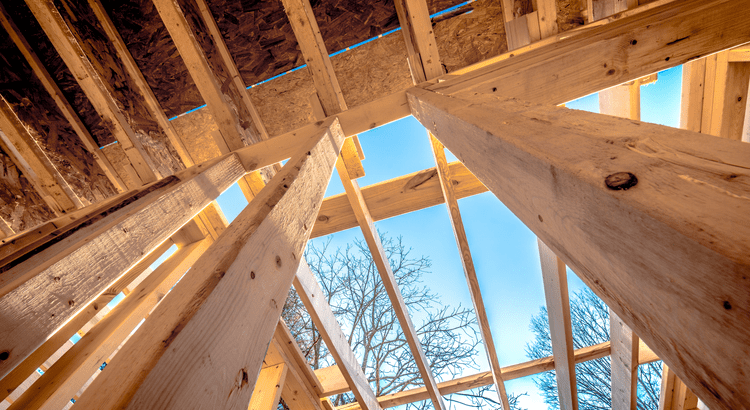What Type of Inspections are There?

Have you ever wondered, 'what types of inspections are there for a home?'
Okay, probably not. But as a realtor, anything that involves your home is top of mind for us.
Here is a super quick overview of the most common items that are looked over in a home inspection.
- HVAC - furnace, ac, duct work, pressure
- Chimney
- Electrical
- Plumbing
- Siding whether that be vinyl, steel, wood, cedar, stucco, EIFS, hardyboard, fiberboard, MDF,etc
- Intrusive - this can include the removal of material to see behind it
- Multitude of professional engineer inspections - this can include foundations, footings and structure
- Sewer scope
- Well
- Septic
- Environmental
- Soil
- Roof
- Attic
- Foundation & Walls
The most common home inspection is a General home inspection which includes a general overview of all of the above.
How does a home inspection work?
A professional home inspector will conduct a thorough top-to-bottom check of the house. Anything they can see and touch will be made note of. They will especially be looking for any sign of damage, or wear and tear. As a rule of thumb, they should be looking at all the outlets - ensuring all are secure and useable. They will flip all the light switches to ensure functionality, turn on ceiling fans & all appliances, and open and shut doors, windows, & garages. They will thoroughly inspect the siding and the roof of the home or any outbuildings like sheds. Inspecting the exterior for hail damage, dings, tears, rotting, or malfunctions. The sole purpose, is to give a general overview of the condition of the home.
Why do inspections Matter?
Suppose a home inspection report finds any unsafe materials or costly defects.
It sounds scary - but a home inspection is in the best interest of both the seller and the buyer.
An inspection gives a detailed report of the home's condition. This allows sellers to properly price the home based on the repairs needed, or allow the sellers to make some repairs that may be asked of by the buyer before closing. Taking care of an inspection before listing, could (in some cases) save both parties time and money. The home inspection report allows a buyer to decide not to proceed with the home purchase, renegotiate the sale price based on the repairs needed, or ask the homeowner to make repairs in order to keep the contract intact.
When can an inspection happen?
As mentioned above - a preinspection does have its pros, but like everything, it is not perfect and it also has a con side.
The sellers can do a preinspection before listing - Pros include
Increased likelihood of obtaining a noncontingent on inspection offer
Gives an opportunity to remedy small repairs ahead of time
Gives potential buyers peace of mind
The sellers can do a preinspection before listing - Cons include
A buyer may still want their own inspection - Yes, your initial inspection did cost money, and the buyer still may want their own inspection. This move often gives buyers extra peace of mind with their investment.
As a seller you are required to complete a seller disclosure or seller disclosure alternative, informing any potential buyer about the condition of the home.
Preinspecting the home could reveal large material defects of which you were not aware of. Now you have to disclose to the public. Now you may think, I will fill out the seller disclosure alternatives, so I don’t need to disclose these facts. However, realtors are held to professional standards which would require them to disclose any material facts they are aware of.
The buyers can request an inspection as part of their offer. Along with other contingencies as their realtor suggests. The inspection happens after the accepted offer and before the closing.
The timeline for the inspection to take place and all resulting negotiations are specified in the purchase agreement. This is typically a 3 to 10 calendar day window after the accepted offer.
When would a buyer skip an inspection on a home?
A buyer may skip a home inspection for several reasons. It might be the time of the market where there are multiple offers on the home. Removing the inspection contingency will increase the likelihood of an offer getting accepted by the seller.
The buyer's personal comfort level in home construction, maintenance, and cleanliness when viewing the home. A potential buyer may be well versed in the construction maintenance in a home, for example, the buyer may be a handyman for a living, so there are few things that would concern him or her that they wouldn’t be able to fix themselves.
A very detailed seller disclosure portrays honestly about the homes past conditions for the buyer and agent.
With the information above there are different times and places an inspection can happen, whether a seller does a preinspection before the home is ready to list, or a buyer does one after an accepted offer. Your realtor is skilled to suggest what option would fit your situation.
The conclusion -
Always work with a PRO.
Categories
Recent Posts










